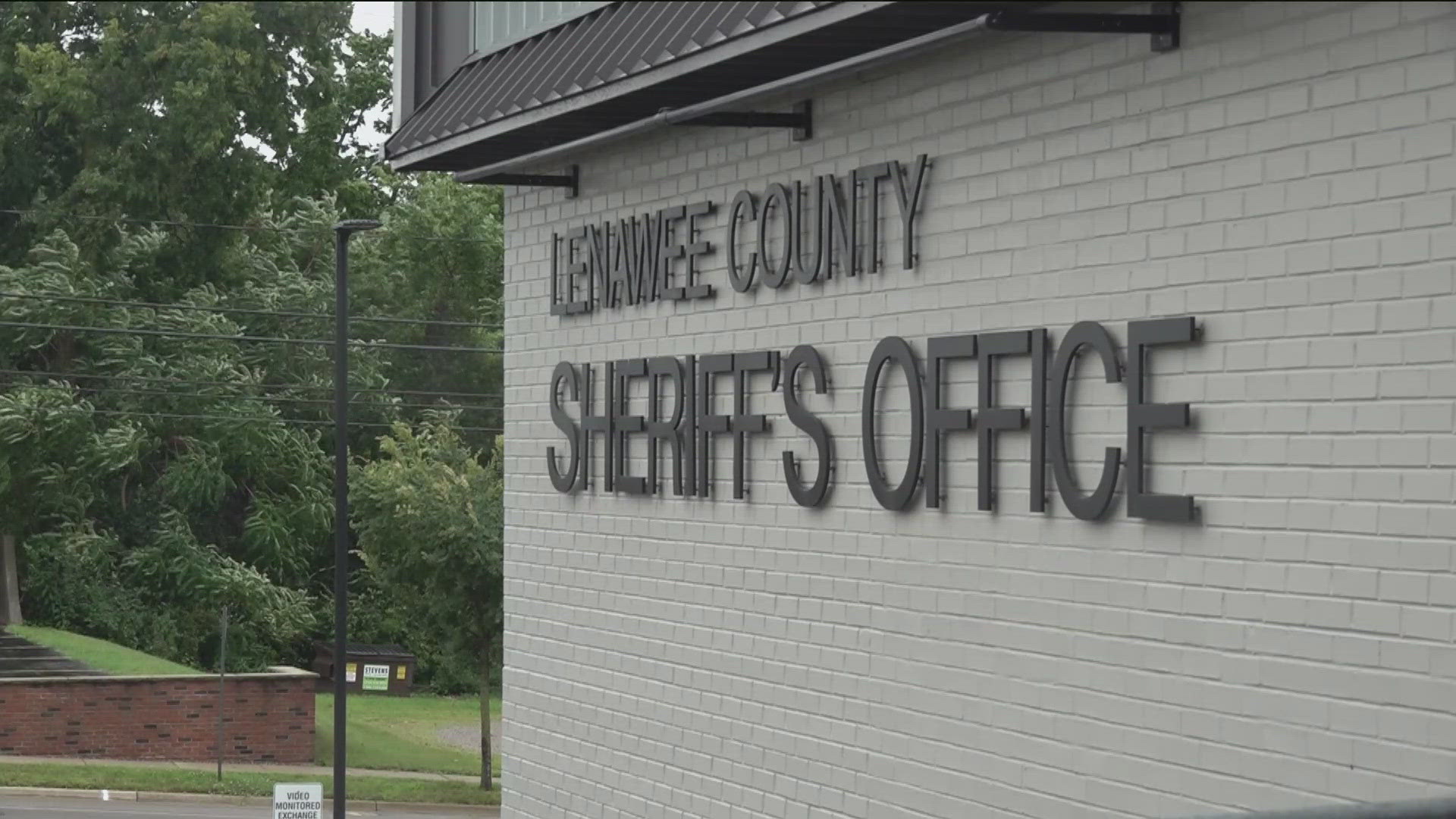ADRIAN, Mich. — A new program to help people struggling with addiction in Lenawee County held a ribbon-cutting ceremony Wednesday.
The Hope Not Handcuffs program offers entirely free addiction services for the people in need, without requiring anything from taxpayers, all in an effort to make a healthier community.
If you ask Sheriff Troy Bevier, Lenawee County has been struggling to maintain that lately. He said deputies keep seeing the same people struggling with substance abuse issues coming in and out of the jail time after time.
"We see their names over and over again on the arrest sheet. They come in, they leave. They come back, they come back. We want to stop that recidivism," Bevier said. "We want them to get them the help they need."
Realizing law enforcement can't arrest this problem away, the county got in touch with the non-profit Hope Not Handcuffs, a government-funded group looking to help people get clean and stay clean through a unique method.
When people step into the sheriff's office or police station needing help with addiction, the person at the front desk will connect them with a Hope Not Handcuffs volunteer 24/7, any day of the year.
"This peer recovery coach will walk hand in hand with them. They'll meet them at the treatment center, introduce themselves, and once they come out it's a 90-day program. It's two hours every week, and they create a recovery plan," said Safaa Elmessiri, the Southeast Michigan Regional Coordinator for Hope Not Handcuffs.
She said this program has been established in 140 locations across the U.S., seeing between 3,500 to 5,000 calls a month and said the results can be life changing.
But it has to be the choice of the person struggling. It can't be forced in any way.
Bevier said he certainly doesn't expect every person with a substance abuse issue in the county to take advantage of the program, but for the people in Lenawee County who have hit rock bottom and are truly ready to get clean and stay clean, the sheriff says it could be a game changer.
"It gives us something tangible to do," Bevier said. "And it gives the person sitting there not just what they want, but also what the families want, and that's hope."
MORE FROM WTOL 11 NEWS:

